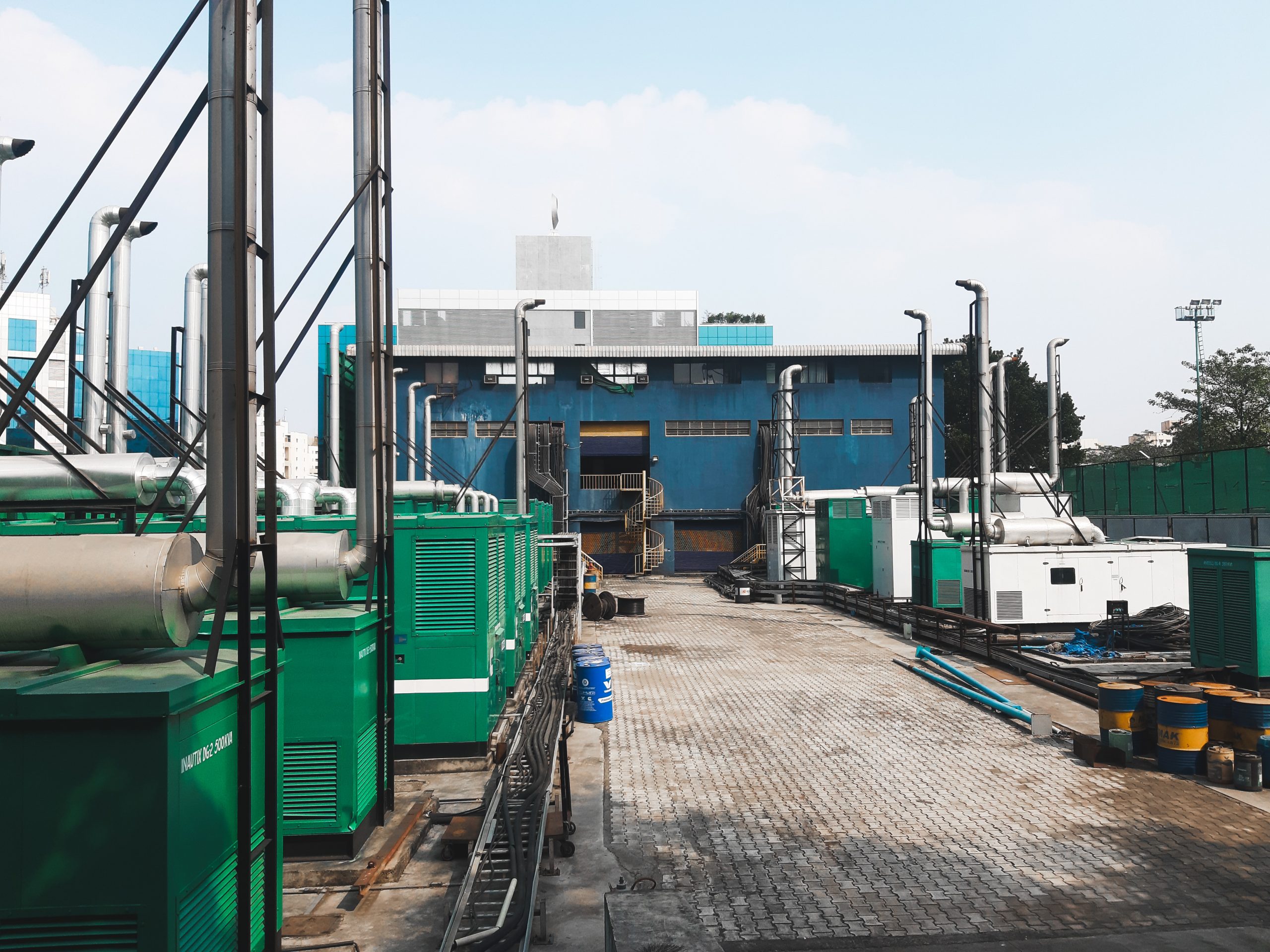There are a lot of things to consider when you’re trying to determine whether or not you should install a whole house generator. The first thing you have to think about is how often the power goes out in your area. If you live in an area where the power goes out frequently, then a generator might be a good investment. It’s also important to think about how long the power outages last. If they only last a few hours, then you might not need a generator. This article will explore the pros and cons of installing a whole-house generator so that you can make an informed decision.
What Is A Whole House Generator?
A whole house generator is a backup electrical system that provides power to your home in the event of a power outage. Generators can run on different types of fuel, including natural gas, propane, and gasoline. The size of the generator will determine how much power it can provide and how long it can run. This type of generator is permanently installed outside your home, and it is connected to your home’s electrical system. It kicks on automatically when the power goes out, and it can provide power for your entire home for days or even weeks. This type of generator is a great option for people who live in areas where power outages are common, or for people who want the peace of mind that comes with knowing they have a backup power source.
The Pros Of A Whole House Generator
A backup generator provides power to your home in the event of a power outage. This is especially important for homes with young children or elderly residents, as a loss of power can mean a loss of heat or air conditioning, which can be dangerous in extreme temperatures. It can also mean a loss of refrigeration for any perishable food items.
A whole house generator can provide power for lights and appliances, as well as for charging phones and other electronics. The ability to power your home can be a lifesaver in the event of an emergency.
A whole house generator can provide peace of mind. Knowing that you have a backup plan in place can give you and your family a sense of security, knowing that you won’t be left in the dark (literally) if the power goes out. If you need a better understanding of the whole house generator, you can search online for websites that talk about different kinds of whole house generator brands, their sizes, power, fuel, and lots more. An example of such a website is https://generatorgrid.com/ or you can search for other websites. The website should contain information that would be very useful in making a decision on which is the best whole house generator for your home. This is important because the best whole house generator is not always the most expensive.
The Cons Of A Whole House Generator
The initial cost of purchasing and installing a whole house generator can be significant. The cost will vary depending on the size and power of the unit, as well as the complexity of the installation.
Whole house generators require regular maintenance and servicing. This can be costly, and it’s important to find a qualified technician who can perform the work properly.
Whole house generators can be very loud. If you have one installed near your bedroom, you may find it difficult to sleep at night.
Things To Consider Before You Install A Whole House Generator
The installation of a whole-home generator is a big decision—and a big investment. But if you live in an area that experiences frequent power outages, or if you have loved ones who rely on life-supporting medical equipment, it may be the best choice for you and your family. It’s important to weigh all of the factors before making a decision. The factors include:
How much power do you need?
The size of the generator is an important consideration. You’ll need to determine how much power you’ll need to keep your home running during an outage. A rule of thumb is that you’ll need about 2,000 watts for every major appliance you want to run simultaneously. Keep in mind, that you may not be able to run everything at once, but it’s important to have a generator that can handle your home’s maximum power load.
What type of fuel do you want to use?
generators run on either gasoline, propane, or natural gas. Each has its own set of pros and cons. For example, gasoline is the most common type of fuel, but it can go bad if it’s not used frequently. Propane is a good choice if you already have a propane tank for your home—you can simply hook the generator up to the tank. Natural gas is the most convenient option, but you’ll need to have a natural gas line installed.
How often do power outages occur in your area?
If power outages are rare, you may not need a whole-home generator. A portable generator may be a better option for you. But if power outages are common, or if they last for several days at a time, a whole-home generator is a good investment. The generator will kick on automatically when the power goes out, and it will keep your home running until power is restored.
We believe that a whole-house generator should be installed in order to have a backup power source in the event of a power outage. Generators can provide peace of mind and protect your home and loved ones during an emergency.